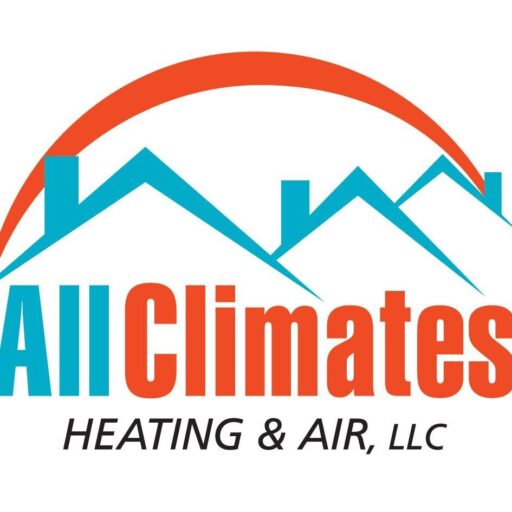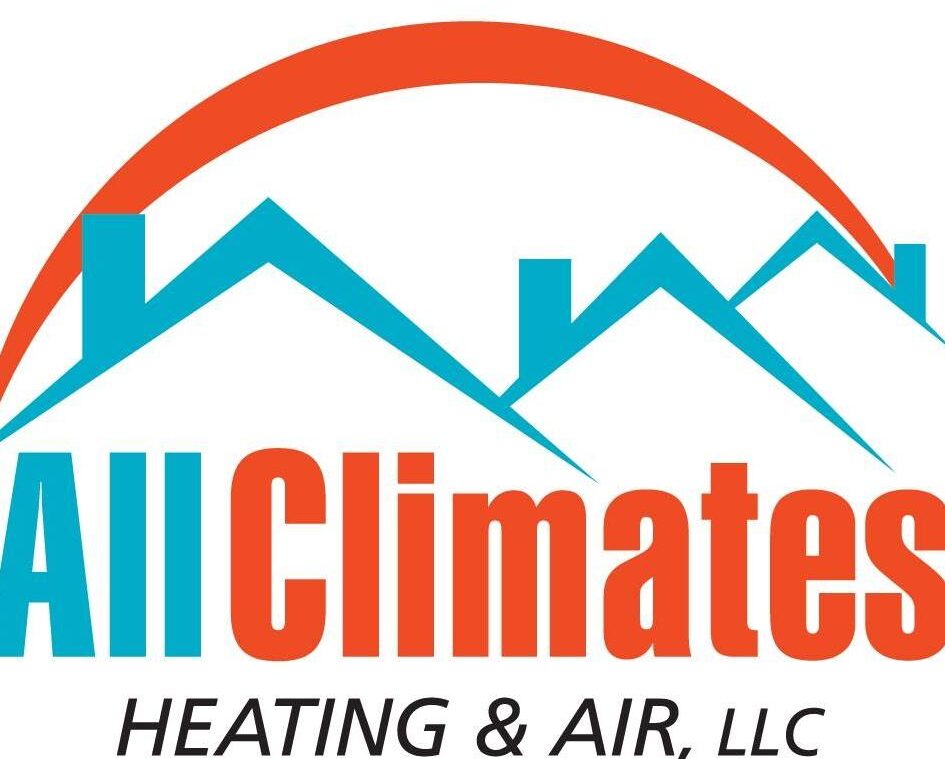As the seasons change and temperatures fluctuate, our HVAC systems become essential for maintaining a comfortable living environment. However, like any mechanical system, HVAC units can encounter issues that may disrupt their efficiency and functionality. Before rushing to call for professional service, it’s worth taking some time to troubleshoot common problems that may be causing your HVAC system to malfunction. By following these simple steps, you may be able to resolve the issue on your own and save yourself time and money.
1. Check the Thermostat Settings: One of the most common reasons for HVAC issues is incorrect thermostat settings. Ensure that your thermostat is set to the desired temperature and that it is on the appropriate setting (cooling or heating). Sometimes, a simple adjustment of the thermostat can solve the problem.
2. Inspect the Air Filter: A clogged or dirty air filter can restrict airflow and cause your HVAC system to work harder than necessary. Check the air filter and replace it if it appears dirty or clogged. A clean air filter can improve air quality and help your system run more efficiently.
3. Clean the Exterior Unit: The outdoor unit of your HVAC system can accumulate dirt, debris, and leaves, which can obstruct airflow and hinder the system’s performance. Regularly clean the exterior unit by removing any debris and ensuring that it has proper clearance around it for optimal airflow.
4. Check for Blocked Vents: Blocked or closed vents can disrupt the airflow in your home and cause uneven heating or cooling. Make sure all vents are open and unobstructed to allow for proper air circulation throughout your living space.
5. Reset the Circuit Breaker: If your HVAC system is not turning on, check the circuit breaker to see if it has tripped. Reset the breaker and see if this resolves the issue. If the breaker continues to trip, it may indicate a more serious electrical problem that requires professional attention.
6. Monitor Strange Noises or Odors: Unusual noises or odors coming from your HVAC system can be a sign of a mechanical issue. Pay attention to any strange sounds or smells and try to pinpoint their source. If you notice anything out of the ordinary, it’s best to contact a professional technician for further assessment.
7. Schedule Regular Maintenance: To prevent potential HVAC problems in the future, it’s important to schedule regular maintenance for your system. A professional HVAC technician can inspect, clean, and tune-up your unit to ensure it is running efficiently and effectively.
By following these troubleshooting tips, you may be able to identify and address common HVAC problems before they escalate into more significant issues. However, if you are unable to resolve the problem on your own or if you encounter complex technical issues, it’s best to seek the expertise of a qualified HVAC technician. Remember, regular maintenance and timely repairs are key to keeping your HVAC system running smoothly and maintaining a comfortable indoor environment.

